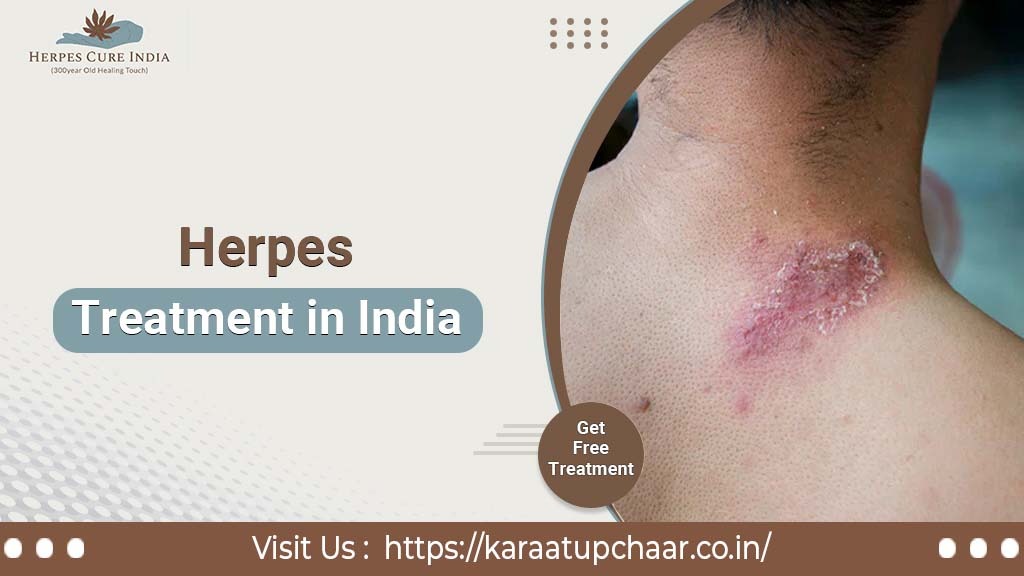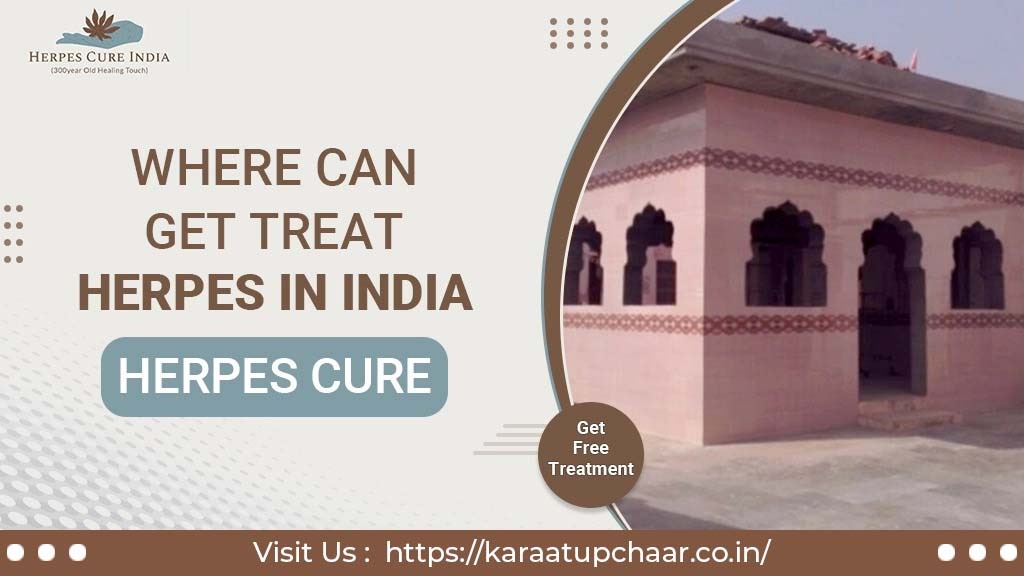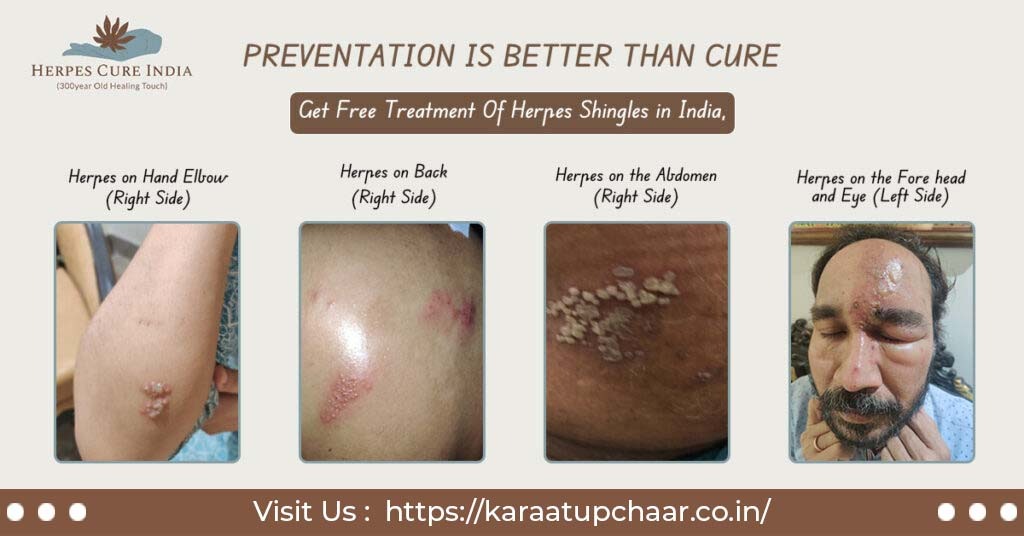
Free Herpes Treatment in India – Ayurvedic Cure for Herpes
Herpes is a common viral infection caused by the herpes simplex virus (HSV), which manifests in the form of blisters or sores around the mouth or genital areas. While there is no definitive cure for herpes, certain Ayurvedic treatments and herbal remedies can help manage the symptoms and reduce the frequency of outbreaks. This blog explores the available options for free herpes treatment in India, focusing on the Ayurvedic approach to managing this condition.
Comprehensive Guide to Free Herpes Treatment in India
If you are searching for a cure for herpes simplex, Ayurvedic treatments offer a natural and effective way to manage the symptoms of the virus. The herpes simplex virus can cause painful blisters or sores, and while some individuals may not show symptoms, the virus remains highly contagious. The traditional approach to managing herpes includes antiviral medications, but Ayurvedic medicine offers an alternative that is natural and often without adverse side effects.
Why Choose Ayurvedic Cure for Herpes Simplex?
Ayurveda, the ancient Indian system of medicine, utilizes natural herbs and oils to treat various ailments, including herpes. Ayurvedic herpes treatment in India focuses on relieving pain and managing the symptoms using natural methods such as herbal oils, creams, and other remedies. Unlike conventional treatments, Ayurvedic methods are gentle on the body and aim to treat the root cause of the problem.
Free Herpes Treatment Options in India
We are offering a range of free Ayurvedic treatments for herpes in India, including oils, herbs, and other topical applications. These treatments can help reduce itching, pain, and discomfort associated with herpes outbreaks. Our products are homemade, crafted using traditional Ayurvedic methods, and are designed to be safe and effective for long-term use.
Use the Following Oils for Free Herpes Treatment in India:
– Essential Oils: Tea tree, chamomile, ginger, thyme, and eucalyptus oils are known for their antiviral properties and can be used to soothe herpes sores.
– Neem Extract: Neem is a powerful antiviral herb that can help reduce the severity of herpes symptoms.
– Lemon Balm Extract: This is another effective herb that can be used in various forms, such as plant extract or essential oil.
– Witch Hazel: Known for its astringent properties, witch hazel can help dry out herpes sores and reduce inflammation.
Other natural remedies that do not require dilution include aloe vera, manuka honey, licorice extract, and echinacea extract. These can be applied directly to the affected area to promote healing.
How to Perform a Patch Test
Before using any topical treatment for herpes, it is essential to conduct a patch test to ensure that the substance does not cause irritation:
1. Apply a small amount of the treatment to your forearm.
2. Wait for 24 hours.
3. If the area becomes red, itchy, or swollen, wash it off immediately and discontinue use.
4. If no irritation occurs, the treatment can be safely applied to the affected area.
Frequently Asked Questions (FAQ) For Free Herpes Treatment in India
Q: What is the free treatment for Herpes?
A: While there is no definitive cure for herpes, antiviral medications and Ayurvedic treatments can help reduce the severity and frequency of outbreaks.
Q: Can herpes be cured in India?
A: There is currently no cure for herpes, but with proper treatment and management, individuals can reduce the frequency and severity of outbreaks.
Q: Can I still have sex if I have herpes?
A: Yes, but it is important to use protection to prevent the transmission of the virus to your partner.
Q: Can herpes be transmitted through physical relationships?
A: Yes, herpes can be transmitted through physical relationships. Both partners should take proper precautions during sex.
Additional Natural Treatments for the Mind and Body
1. Support Groups: Dealing with herpes can be emotionally challenging. Joining a support group can help you cope with the social and emotional impact of the virus.
2. Relaxation Techniques: Practices like yoga, guided imagery, and meditation can help manage stress, which is a known trigger for herpes outbreaks.
3. Self-Hypnosis: Techniques like guided imagery or self-hypnosis have been shown to reduce the frequency of herpes outbreaks and improve mood.
4. Counseling: Individual counseling with a mental health professional can help you manage the emotional aspects of living with herpes.
Conclusion
Herpes simplex virus may not have a definitive cure, but with the right approach, including Ayurvedic treatments and lifestyle adjustments, you can manage the symptoms and reduce the frequency of outbreaks. For those seeking free herpes treatment in India, Ayurvedic remedies offer a natural and effective solution. Remember to always consult with a healthcare professional before starting any new treatment.
For more information and to access free herpes treatments, visit [Herpes Cure](https://karaatupchaar.co.in/) and explore the various options available to help you manage this condition effectively.
Do you have any Questions –
Call Us- 9954064243


